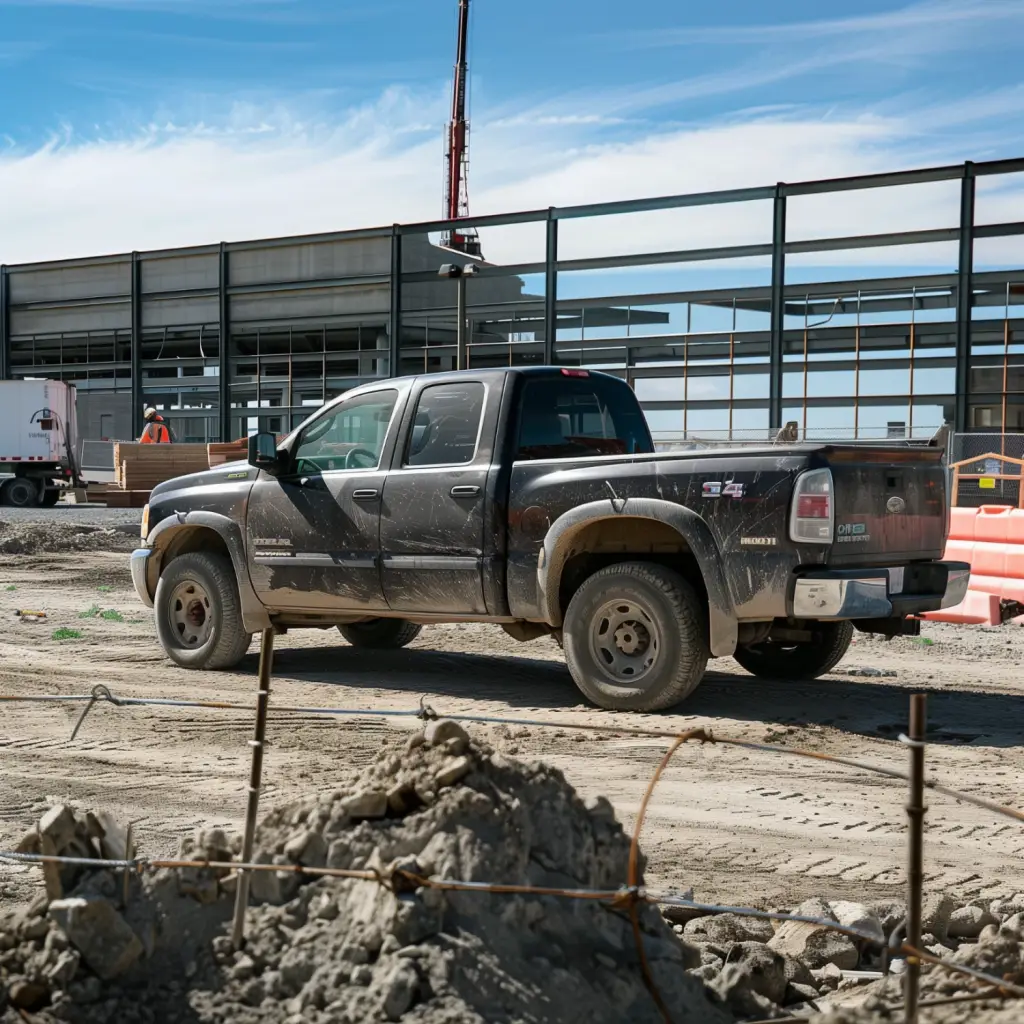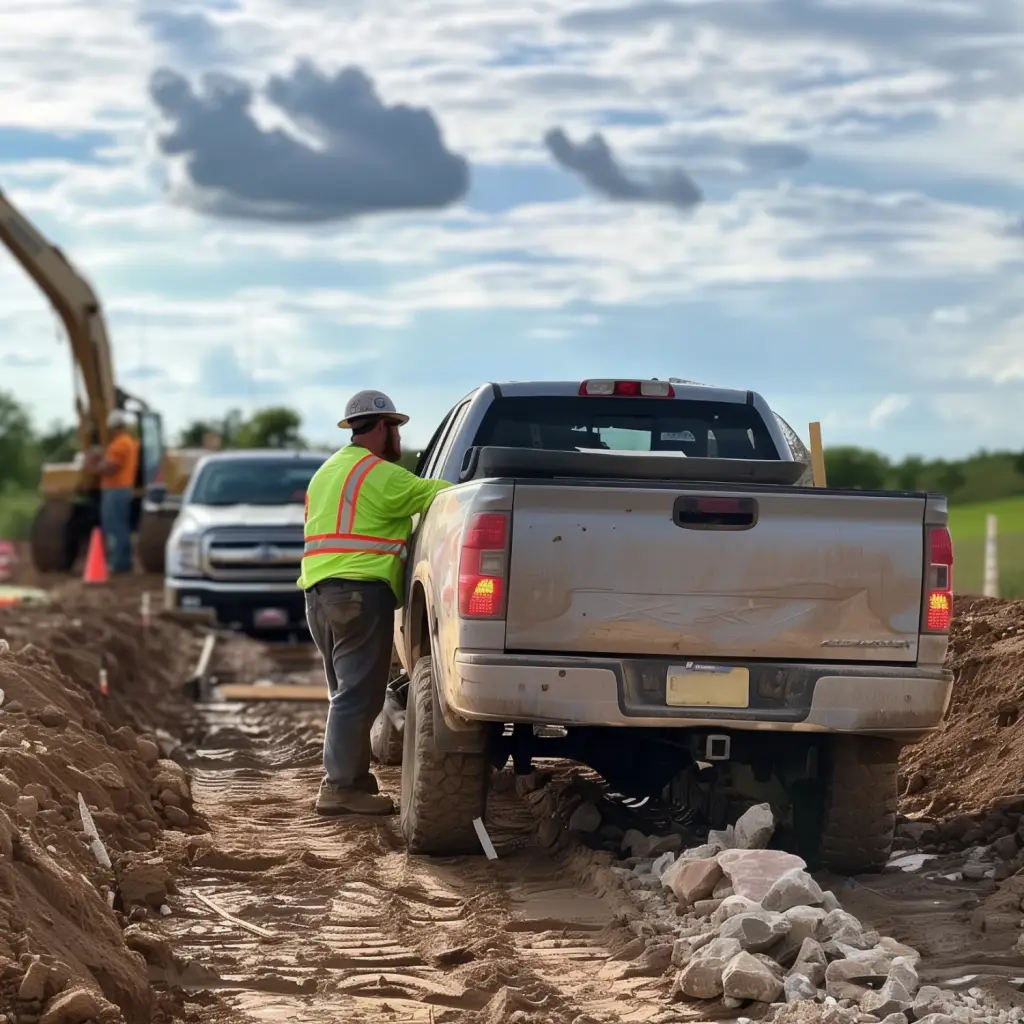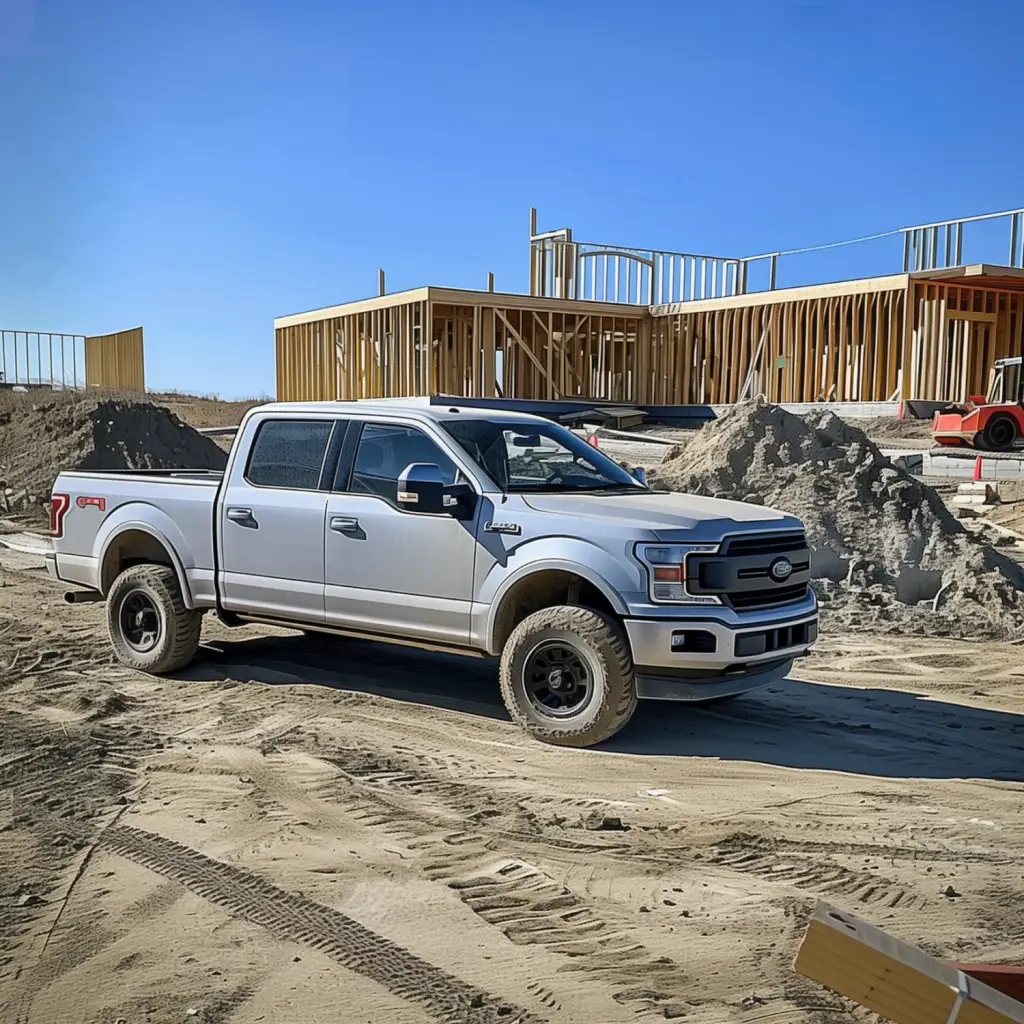Under Construction: 7 Reasons Why Electric Pickups Aren’t Yet Ready to Build
Sure, electric pickups seem to be the future of transporting people. But when it comes to the construction industry, they are still under construction.
There are many reasons why, but the most important is fuel.
For construction, you need a lot of fuel, and it needs to be cheap and readily available.
And while EVs fuel plenty of debate, they don't yet fuel construction. Talk is cheap, and building is expensive, and there are many reasons why EVs can't (yet) build America. Below are the seven most important ones. Share them with your green buddies and win every argument from now on.

1. Limited Range Under Load
On a good day, an electric pickup can boast a range that rivals that of a traditional gasoline truck. However, introduce a full payload or a hefty trailer into the equation, and the situation changes dramatically. The added weight significantly reduces the vehicle's range, making long hauls on the job a risky proposition. For construction projects that require transporting materials over long distances, this limitation is a major concern. Until electric pickups can consistently deliver performance under load, their practicality remains in question.
2. Scarce Charging Infrastructure
Imagine being on a critical deadline but you're stuck playing hide and seek with a charging station. This is the reality for many electric pickup users, especially in rural or remote construction sites where charging infrastructure is as scarce as a cold day in the desert. The lack of readily available charging options not only hampers the day-to-day operations but also poses significant logistical challenges for planning and executing construction projects.

3. Long Charging Times
While electric pickups silently promise a greener future, their charging times loudly proclaim a present filled with waiting. Unlike refueling a gas tank, which takes a few minutes, charging an electric vehicle can take several hours, depending on the charger's speed and the vehicle's battery capacity. This downtime is a luxury that fast-paced construction projects cannot afford, as it directly impacts productivity and deadlines.
4. Higher Upfront Costs
While the long-term cost benefits of electric vehicles are often highlighted, the initial price tag of electric pickups can induce sticker shock. This upfront cost is significantly higher than that of their internal combustion counterparts. For construction businesses, especially small to medium-sized firms, this investment can be daunting. The higher purchase price, coupled with the current uncertainties regarding longevity and resale value, makes them a risky proposition for cost-conscious industry players.
5. Durability and Ruggedness Questions
Construction sites are battlefields, and not every vehicle is cut out for this war. The durability of electric pickups in the face of relentless exposure to dust, debris, and heavy use remains a pressing concern. Traditional trucks have earned their stripes in these harsh environments, but electric models have yet to prove they can endure the same abuse without compromising their performance or requiring expensive maintenance.

6. Limited Model Options
Choice drives competition and innovation, but when it comes to electric pickups suitable for construction, the market is surprisingly narrow. This lack of variety forces companies to make compromises, whether in terms of payload capacity, range, or other critical features. More options would not only cater to the diverse needs of the construction industry but also spur manufacturers to push the boundaries of what these vehicles can do.
7. Cold Weather Challenges
Winter is coming, and with it, a drop in electric vehicle efficiency. Cold temperatures are known to reduce battery performance, leading to decreased range and longer charging times. For construction projects in colder regions, this poses a significant reliability issue. Ensuring that electric pickups can perform consistently regardless of the mercury level is crucial for their acceptance in the industry.
In wrapping up, electric pickups are undoubtedly paving the way to a more sustainable future in transportation. However, before they can be crowned the kings of the construction industry, these challenges need to be addressed head-on. The road to electrification is a promising one, but it's also paved with practicality, durability, and adaptability concerns that can't be ignored. With advancements in technology and infrastructure, the day when electric pickups reign supreme on construction sites may not be far off. Until then, they remain a work in progress, eagerly charging towards their potential.